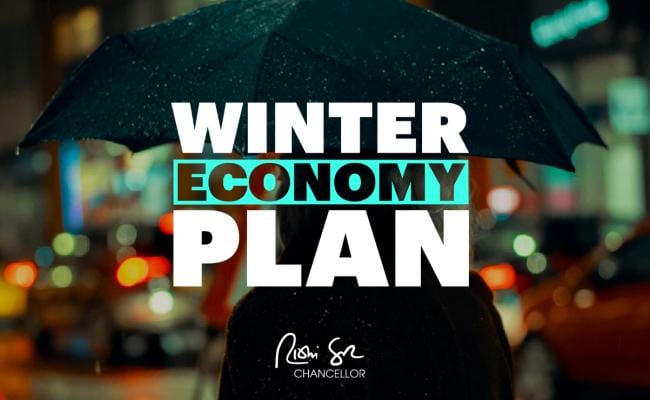On 24th September, having postponed the expected Autumn Budget, Chancellor Rishi Sunak set out a range of new measures that aim to protect businesses and employees, as we head into another six months of COVID-related restrictions.
While many of the existing loan schemes will remain in place (albeit with extended repayment periods) the approach to supporting jobs will move from the familiarity of furlough to a new subsidies-based approach.
Here, we pick out the main stories from these “temporary, timely and targeted” measures, along with the figures that matter across employment, loans and tax.
THE MAIN STORIES
SIX MONTHS ON
NEW MEASURES FOR EMPLOYMENT
Job Support Scheme
The CJRS will end on 31 October and will be replaced by the Job Support Scheme (JSS) – a six-month scheme that opens on 1 November.
Self-Employment Income Support Scheme
This scheme will be extended for six months from 1 November 2020, but with revised terms.
NEW MEASURES FOR LOANS
All four main loan schemes now have an extended closing application date set at 30 November.
Coronavirus Business Interruption Loan Scheme
Lenders will be allowed to extend the term of a loan provided under CBILS to up to ten years, with the same 80% government guarantee.
Coronavirus Large Business Interruption Loan Scheme
CLBILS will continue as is until the end of November.
Bounce Back Loan Scheme
This scheme offers loans of £2,000-£50,000 (capped at 25% of turnover) with a 100% government guarantee.
The existing version has a repayment term of six years, but borrowers don’t have to make repayments for the first year, with the government covering interest payments for that period.
The Chancellor has now announced new ‘Pay as You Grow’ options, which mean:
Future Fund
This scheme, which offers matching convertible loans to innovative businesses will continue unchanged until the end of November.
Covid-19 Corporate Financing Facility
This initiative is run by the Bank of England and is aimed at large businesses. It will stay in operation until 22 March 2021, but for organisations of strategic importance to the UK that have exhausted other options, the government may consider bespoke financial support.
NEW MEASURES FOR TAX
VAT on hospitality and tourism
Back in July the government announced a reduced VAT rate, set at 5%, on food and non-alcoholic drinks from restaurants, pubs, bars and cafés, as well as accommodation and admission to UK attractions. This was planned to continue until 12 January 2021, but has now been extended until 31 March.
Deferring VAT
Businesses that took the opportunity to defer VAT due in March until June 2020, will now have the option to spread payments over the financial year 2021/22 in 11 equal instalments. This new payment scheme is open to any business that chose to defer, however, it means opting in to a new process that HMRC plans to launch early next year.
More time for Self-Assessment Tax Deferral
Self-employed people and other taxpayers were also given the option to defer payments and they too will now have an extended payment period.
Those with up to £30,000 in self-assessment liabilities can use HMRC’s self-service Time to Pay facility meaning self-assessment liabilities due in July 2020 don’t need to be paid in full until January 2022.
For those who won’t be able to pay their tax bill on time (as well as those who can’t use the online service), HMRC’s Time to Pay Self-Assessment helpline will stay in place to help them to agree a payment plan.
We’re here to help
With the new COVID-19 restrictions that could last up to six months, followed quickly by the Chancellor’s new statement it’s clear that things aren’t returning to normal just yet. As this year closes out and we move into 2021 there are still some major challenges ahead.
As always, we’re by your side and as we learn of any new developments we’ll be back in touch to make you aware of them, and help you to understand what they mean for you. In the meantime, if there’s anything you’d like to talk about we’re always here.







